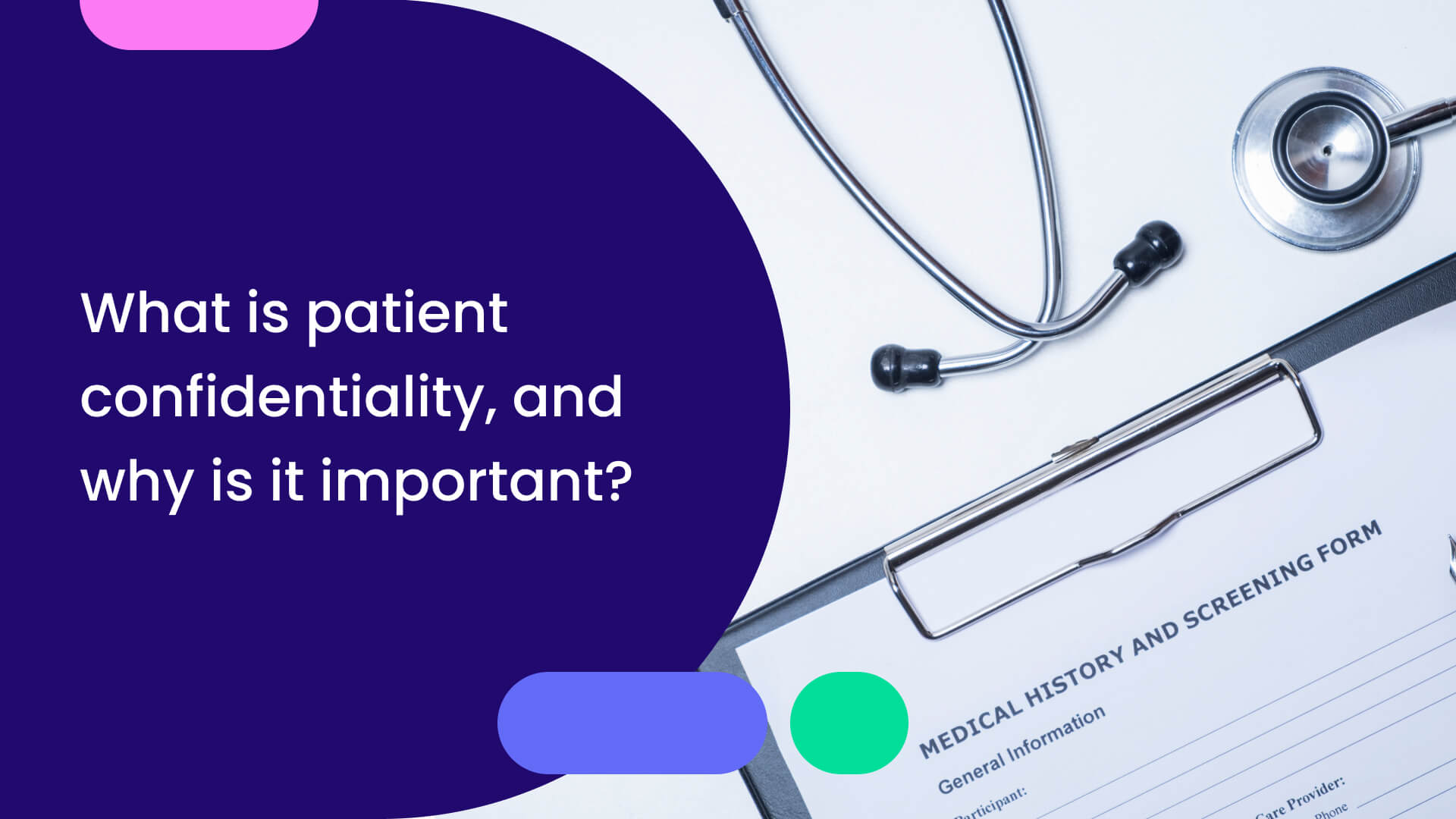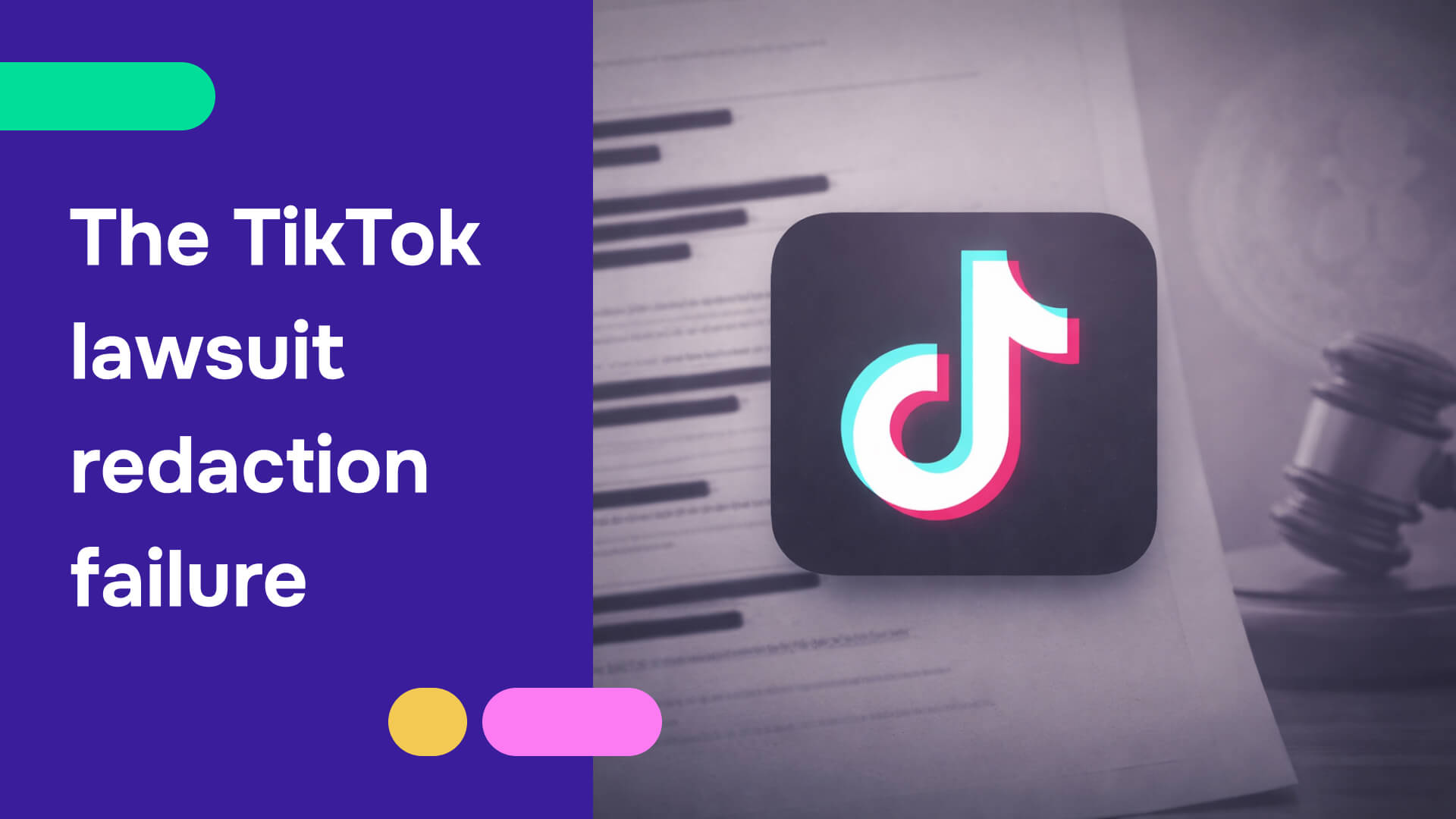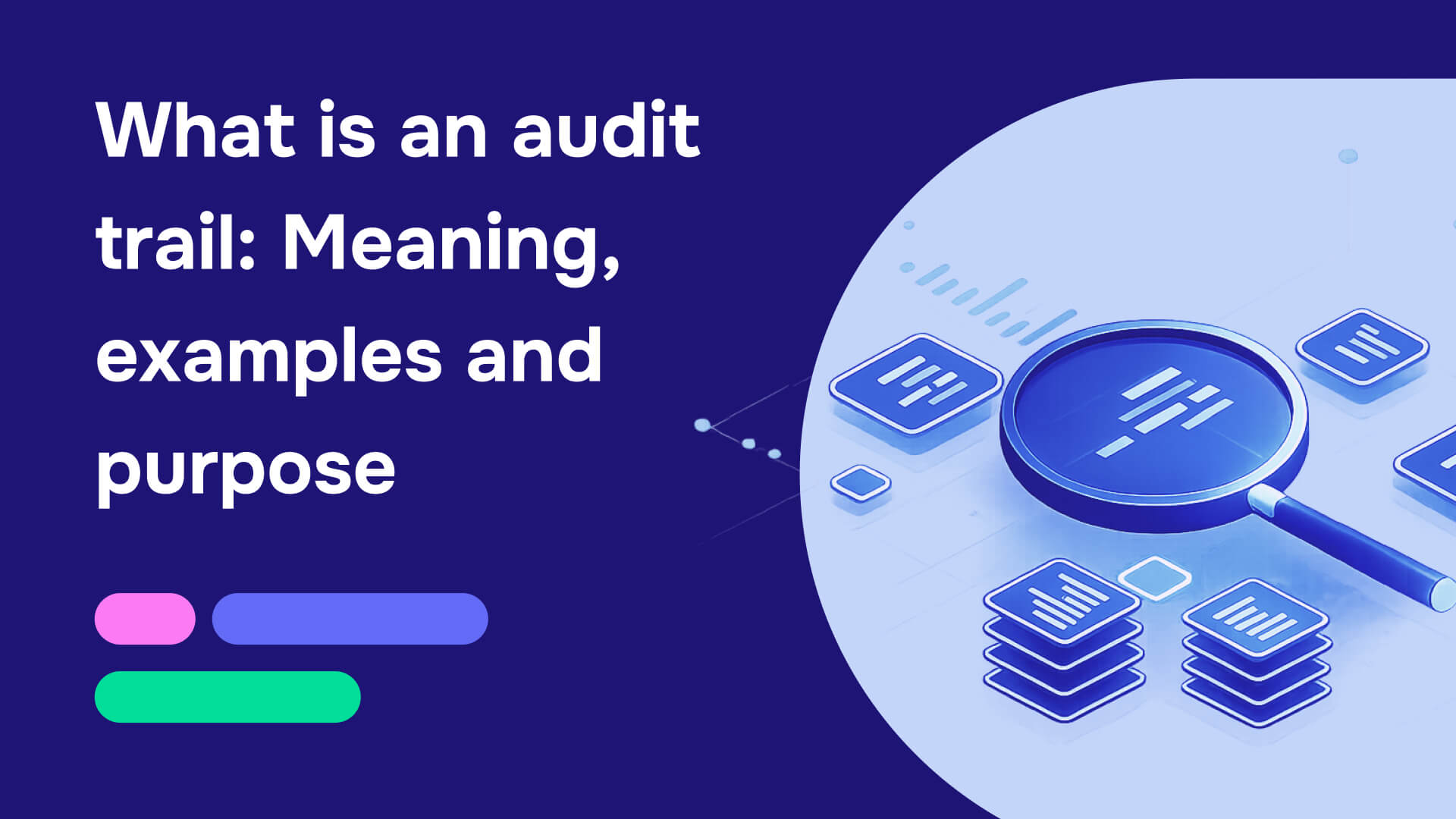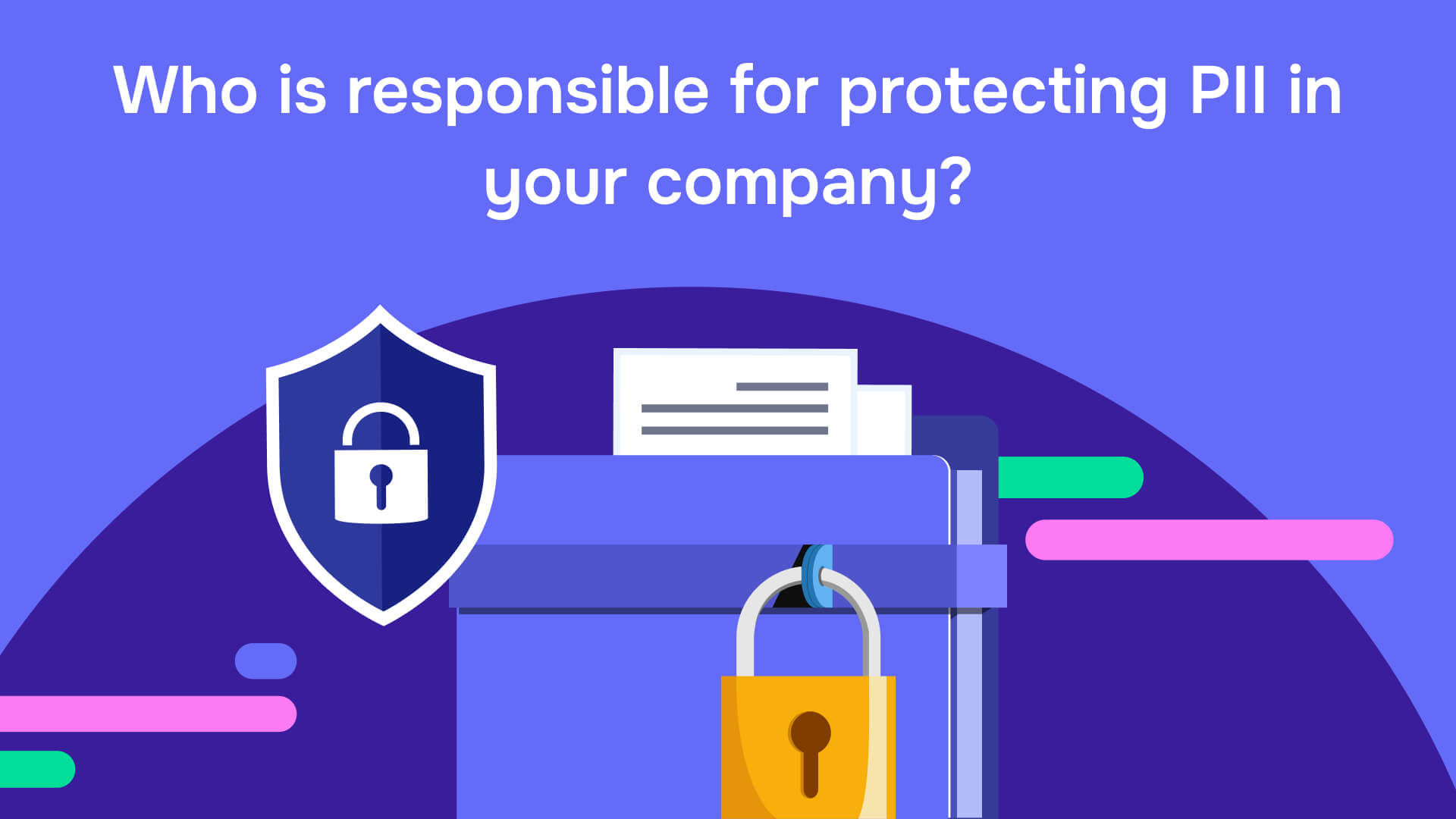A single unauthorized peek at a celebrity's medical record cost one UCLA employee four months in federal prison. No data was sold. No records were stolen. Just looking was enough to trigger criminal HIPAA charges that destroyed a career and made national headlines.
If you think patient confidentiality only matters for doctors, or that a quick glance at records "doesn't count," you're dangerously wrong. Every healthcare worker—from front desk staff to IT technicians—faces the same criminal liability under federal law.
What is patient confidentiality
Patient confidentiality is the fundamental ethical and legal principle that requires healthcare providers to keep all patient health information private and secure. It means that medical professionals cannot share, discuss, or disclose any details about a patient's medical condition, treatment, or personal information without the patient's explicit consent or legal authorization.
patient confidentiality in healthcare is a federal mandate that protects all patient health information (PHI) through strict legal frameworks like HIPAA. But here's what most people get wrong: it's not just about keeping secrets. It's about permanent data protection, proper access controls, and understanding that even "accidental" breaches can land you in court.
The fiction: Only doctors need to worry about patient confidentiality
The reality: Every person with access to healthcare data faces identical legal obligations and criminal penalties.
Confidentiality in healthcare by the numbers
Healthcare data breaches now average $10.22 million per incident in the US, and individual violations can result in both criminal prosecution and career-ending fines. Yet most healthcare workers operate under dangerous misconceptions about what patient confidentiality actually means and who it applies to.
In a recent and stark example of a patient confidentiality breach, the 2024 Change Healthcare cyberattack, a subsidiary of UnitedHealth Group, had a catastrophic impact. Hackers reportedly stole over six terabytes of data, affecting the personal health information of up to one-third of Americans.
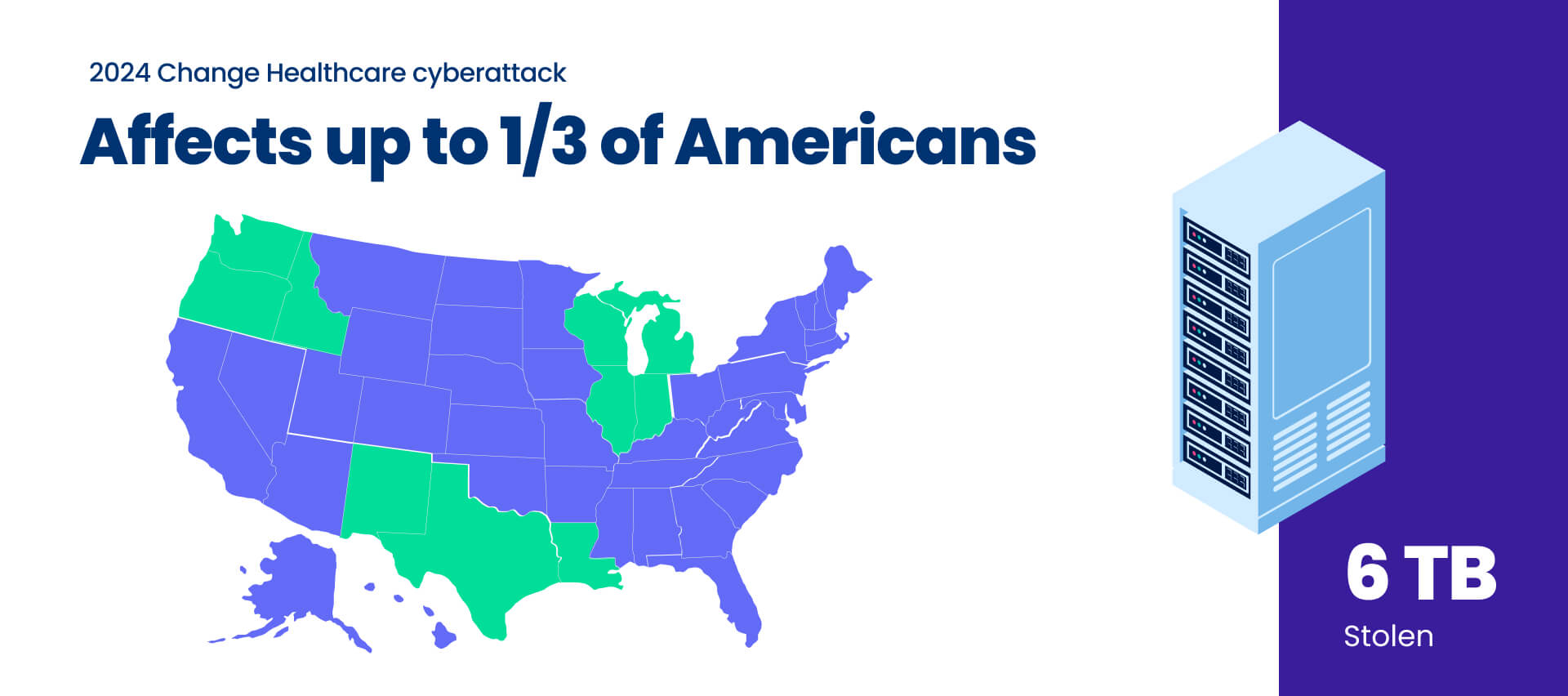
This massive data theft crippled claims processing for healthcare providers across the country, causing billions of dollars in lost revenue and widespread disruption to patient care.
Other healthcare providers associated with the UnitedHealth electronic health information breach also faced HIPAA violation consequences.
Why is patient confidentiality important?
The importance of patient confidentiality cannot be overstated. It is a critical component of adequate healthcare for several reasons:
- Promoting Openness and Honesty: Patients need to trust that their sensitive or embarrassing information is protected. Without confidentiality, they may hide important lifestyle, medical, or mental health details, risking inaccurate diagnoses and ineffective treatments.
- Preventing Discrimination and Stigmatization: Revealing a patient's health information might lead to discrimination in jobs, housing, or socially. Confidentiality shields individuals from adverse effects tied to their health status, like a history of mental illness, chronic conditions, or STIs.
- Upholding Patient Autonomy: Confidentiality empowers patients to control their information and make informed healthcare decisions, ensuring their medical details remain private.
In a world increasingly concerned with data breaches and digital privacy, the technical and legal frameworks supporting confidentiality have become more robust and complex.
HIPAA's criminal penalties
Huping Zhou, a former research assistant at the UCLA Healthcare System, was sentenced to four months in federal prison for illegally accessing the electronic medical records of celebrities and co-workers.
Although not a massive data breach in terms of scale, the case was significant because it was one of the first times a healthcare worker was convicted and imprisoned for simply "snooping" on confidential records without a valid reason.
The case showed that even without intent to sell or misuse the information, the act of unauthorized access criminally violates HIPAA, and ignorance of the law is not a defense.
Fact: Healthcare providers operating in this industry remain duty-bound to protect the confidentiality of patient information.
Read also: HIPAA redaction: Best practices to prevent violations
Beyond the law: The tech powering patient privacy
HIPAA is not just a single law; it's a comprehensive set of rules that governs the use and disclosure of PHI. Key components include:
The Privacy Rule
This rule establishes national standards to protect individuals' medical records and other PHI. It sets limits and conditions on the uses and disclosures of PHI without patient authorization.
For example, it dictates that healthcare providers must attempt to limit the amount of PHI used or disclosed to the minimum necessary to accomplish the intended purpose.
Case Study: In December 2024, the U.S. issued a fine to Holy Redeemer Family Medicine. The Department of Health and Human Services' OCR penalized a provider for violating the HIPAA Privacy Rule by disclosing a patient's protected health information, including reproductive data, to an unauthorized person. The case highlights the OCR's focus on enforcing the Privacy Rule, especially concerning sensitive and protected information.
The Security Rule
This rule complements the Privacy Rule by establishing national standards for protecting electronic PHI (e-PHI).
Case Study: “In December 2024, Children's Hospital Colorado was fined $548,265 by the U.S. Department of Health and Human Services' Office for Civil Rights (OCR) for multiple HIPAA violations.”
The investigation, prompted by cyberattacks in 2017 and 2020, revealed that the hospital had failed to conduct a comprehensive risk analysis and did not provide adequate HIPAA Privacy and Security Rule training to thousands of its employees, including nursing students. Investigators found these failures directly responsible for the breaches that led to the unauthorized disclosure of patient information.
Building upon the foundational principles confidentiality in healthcare, the next critical step is to deploy a robust technical infrastructure.
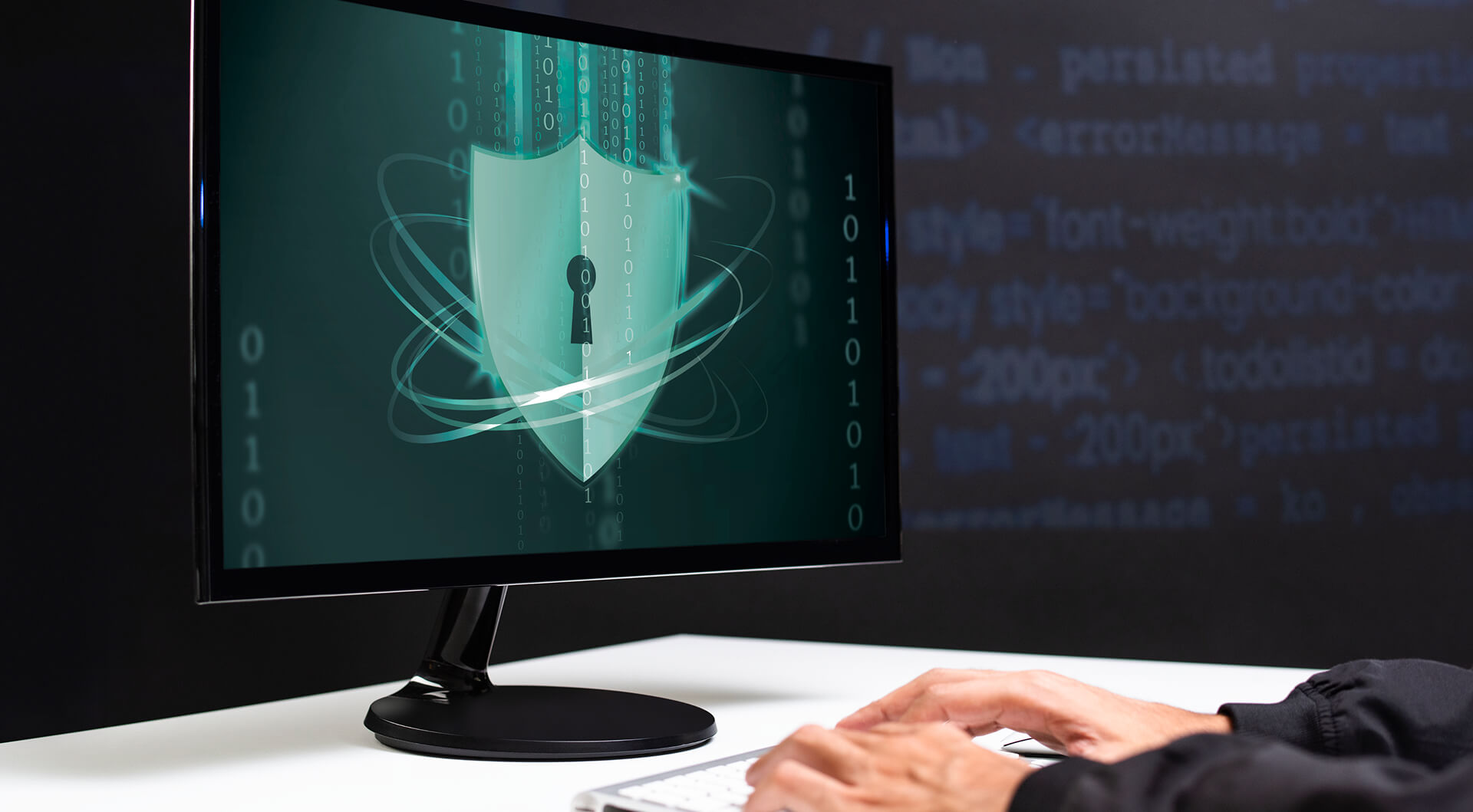
Read also: What are the three rules of HIPAA?
Top cybersecurity controls for protecting patient confidentiality in healthcare
Navigating the digital healthcare landscape requires a fortress of security. We outlined the top cybersecurity controls essential for protecting patient confidentiality from modern threats:
- AI-Powered Redaction Capabilities: AI-powered redaction is a groundbreaking solution for patient data protection. It automates identifying and permanently removing sensitive information, including not only visible text but also hidden metadata that traditional methods often miss. This technology drastically reduces the risk of human error, enhances compliance with regulations like HIPAA, and safeguards against data theft when sharing documents.
- Access Control: This involves implementing policies and procedures to ensure only allowed individuals can access electronic protected health information (e-PHI). Key controls include:
- Unique User IDs: Each person with access has their ID, making them individually accountable for their actions.
- Emergency Access Procedures: Protocols explain accessing data during critical situations, ensuring patient care isn't compromised while maintaining security.
- Automatic Log-off Mechanisms: Systems automatically log users out after a period of inactivity to prevent unauthorized access.
- Audit Controls: Healthcare organizations must implement hardware, software, and proper procedures to record and review activity in any information systems containing e-PHI.
- Data Encryption: This is a fundamental security measure that transforms e-PHI into an unreadable format. Encryption is essential for protecting data both "at rest" (when stored on a server) and "in transit" (when transmitted over a network).
- The Breach Notification Rule: While not a preventative control, this rule is a critical component of the cybersecurity framework. It requires healthcare providers and their business associates to notify everyone impacted by the breach.
While a robust security framework is paramount, it is the process of patient data handling itself that often introduces the greatest vulnerabilities.
The end of human error: Ditching legacy redaction for AI-powered security
Medical records redacted using Adobe or other legacy tools exposed the providers to lawsuits, fines, and loss of patient confidence.
While a healthcare-specific case with an Adobe-related fine isn't in the public domain, the underlying vulnerabilities of manual redaction are well-documented.
These failures are precisely why organizations are increasingly turning to AI-powered redaction solutions that automate the detection and permanent removal of sensitive data, eliminating the risk of human error and ensuring a more robust defense against HIPAA violations.
Securing patient confidentiality with AI-powered redaction
Redactable's AI-powered platform is quickly becoming an essential tool for healthcare providers dedicated to patient confidentiality. The platform's advanced capabilities offer a robust and user-friendly solution to complex data security challenges.
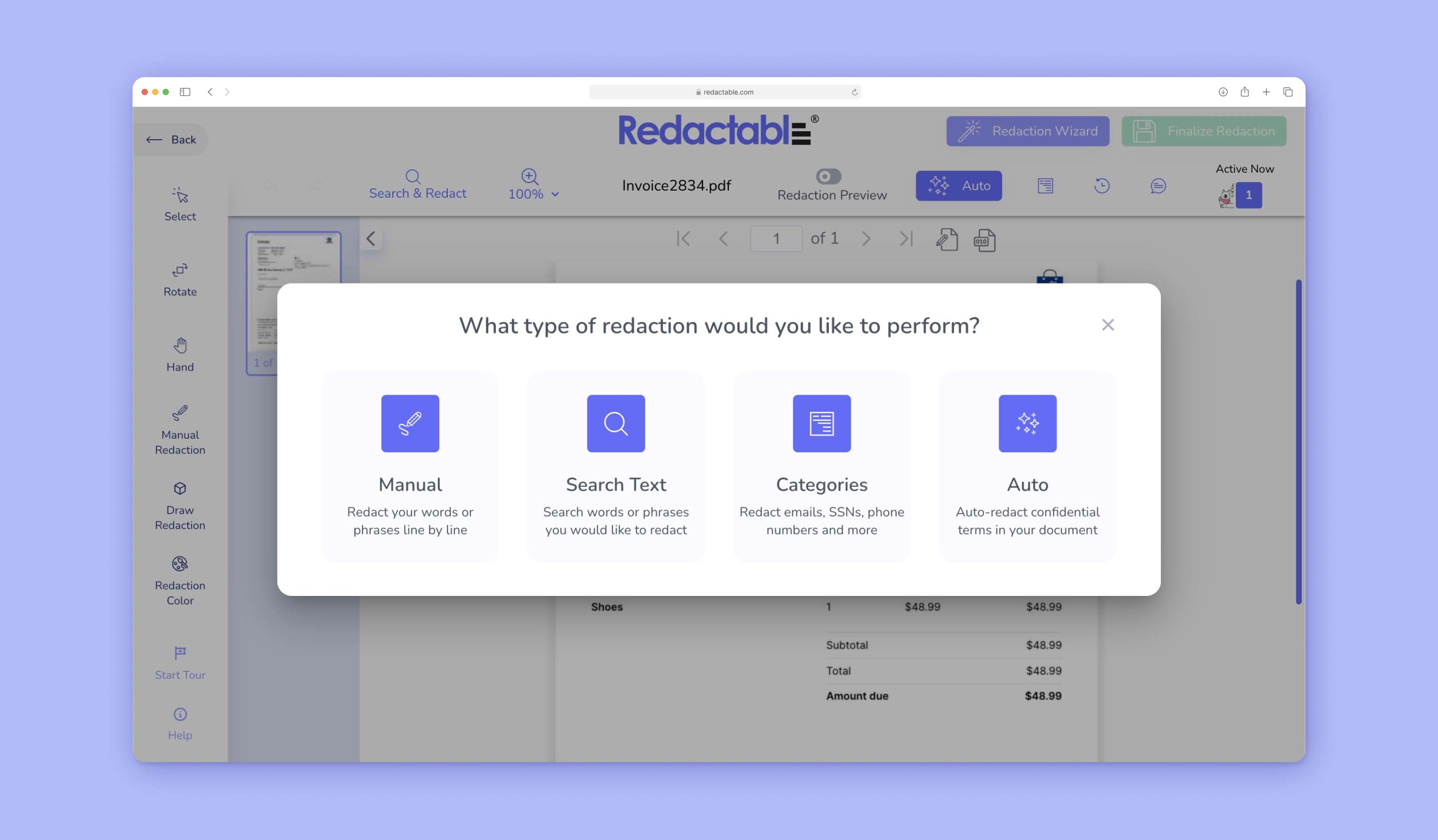
- Easy to Use: The intuitive interface allows healthcare professionals to quickly and efficiently redact sensitive information without extensive training.
- Military-Grade Security: The platform employs advanced security protocols to protect data during the redaction process, ensuring it remains confidential and secure.
- Metadata Removal: Redactable automatically scrubs hidden metadata, eliminating a common vulnerability that exposes sensitive information.
- Permanent Data Removal: The tool ensures that redacted data is permanently removed and cannot be retrieved, preventing data breaches from simple copy-and-paste exploits.
- AI-Powered Accuracy: Leveraging artificial intelligence, Redactable accurately identifies and removes all critical fields of data, decimating the risk of human error and ensuring comprehensive protection.
- SOC 2 Compliant Data Center: Safeguard patient data with Redactable's SOC 2 compliant data center. Our platform provides unshakeable security, ensuring peace of mind for healthcare providers and their patients.
- HIPAA Compliant: Redactable ensures your practice meets HIPAA compliance standards. Our AI-powered tool automatically redacts PHI, safeguarding patient privacy and your reputation.
Given the stakes—from patient trust to legal compliance—it's clear that upholding confidentiality is not just an ethical duty but a critical operational imperative.
Trust on the line: The critical role of patient confidentiality
Patient confidentiality in healthcare isn't just an ethical ideal—it's a legal requirement with real consequences. As we've seen, healthcare workers at every level face identical criminal liability under HIPAA, with violations leading to prison sentences, career destruction, and average breach costs exceeding $10 million.
The foundation of healthcare depends on patients trusting that their most sensitive information stays protected. When that trust breaks down, patients withhold critical details, leading to misdiagnoses and poor outcomes. Confidentiality also shields patients from discrimination and preserves their fundamental right to control their own health data.
The key takeaways:
- Everyone in healthcare—not just doctors—faces criminal penalties for violations
- Manual redaction methods expose organizations to massive financial and legal risks
- AI-powered solutions eliminate human error while ensuring permanent data removal
- Proper cybersecurity controls and access management are now essential, not optional
The UCLA case that opened this article proves a sobering point: even a momentary lapse in judgment can destroy careers and trigger federal prosecution. In today's digital healthcare environment, the margin for error has disappeared entirely.
Modern healthcare demands modern solutions. Legacy redaction tools and manual processes simply can't match the precision and security that today's compliance requirements demand.
Ready to protect your practice and your patients' confidentiality and privacy? See how healthcare organizations are using AI-powered redaction to eliminate compliance risks — explore Redactable's free trial or schedule a demo to see the difference permanent data protection makes.

